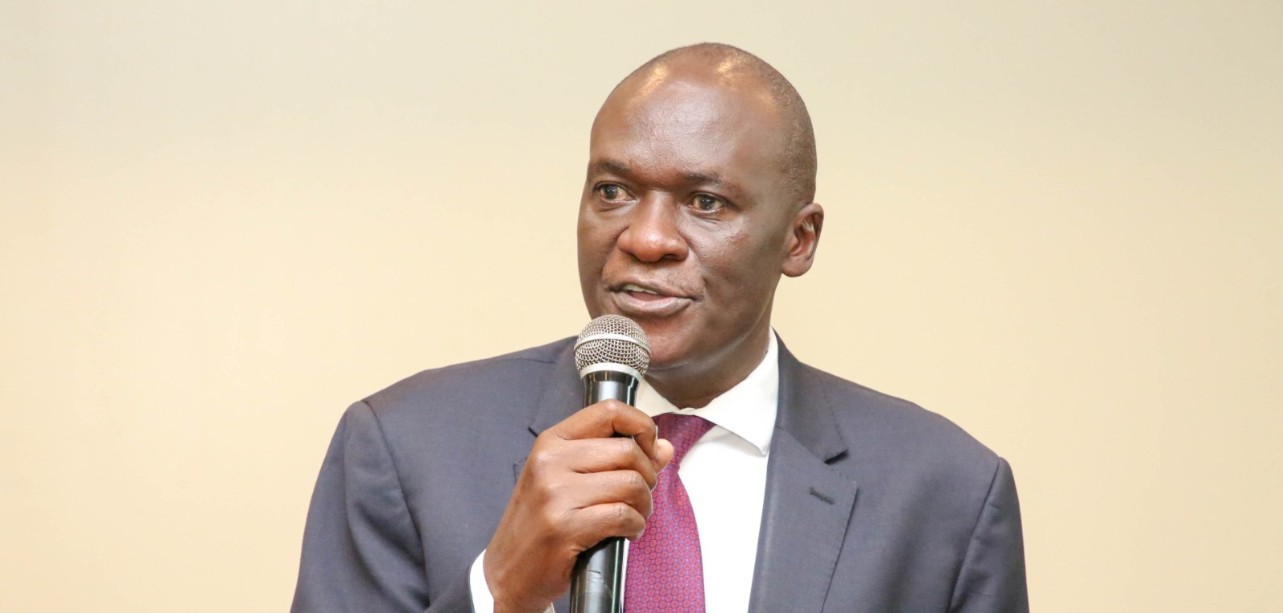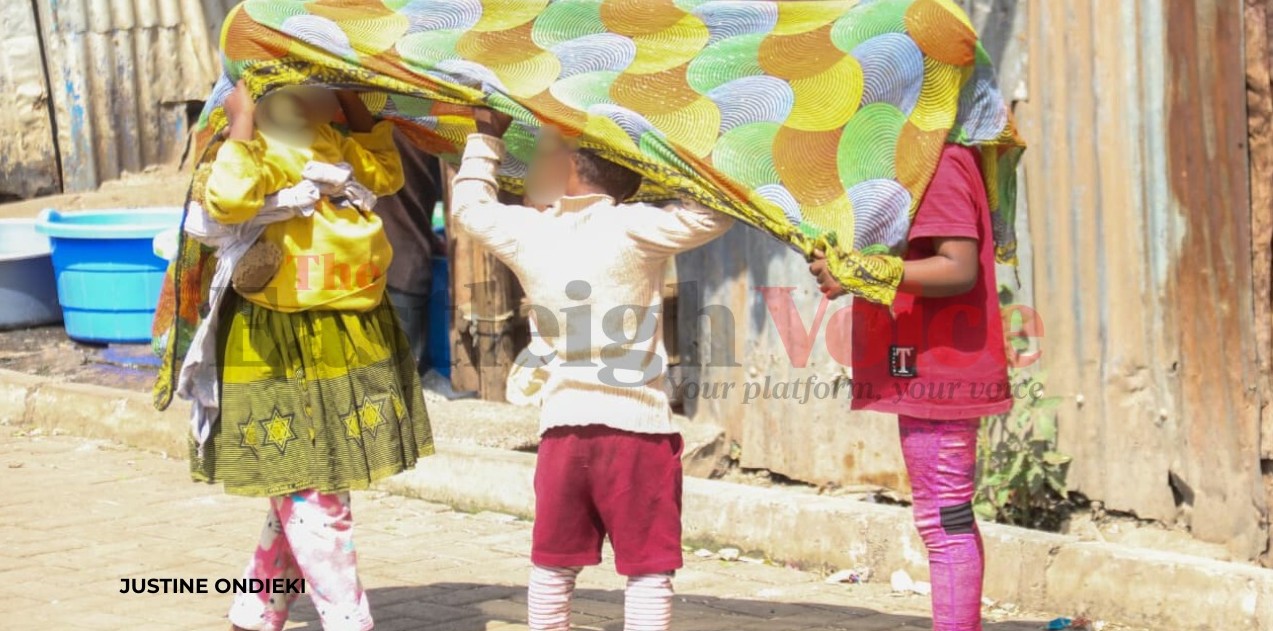Kenya eyes local production of ARVs as concerns grow over donor funding risks

In 2021-2022, approximately 63.5 per cent of the country's HIV programme funding came from foreign sources, with PEPFAR being the largest contributor.
Kenya is seeking approval to manufacture antiretroviral (ARV) drugs for both local and international markets as concerns grow over the country's dependence on donor funding.
Director-General for Health Patrick Amoth says the government is exploring additional funding avenues to support the initiative.
More To Read
- Out-of-pocket medicine costs surge amid drug shortages in Kenya
- Kenya's HIV statistics (2024)
- German researchers find highly effective HIV antibody
- Zambia approves injectable HIV prevention drug
- Viral infections linked to higher risk of heart attacks and strokes
- Male circumcision is made easier by a clever South African invention - we trained healthcare workers to use it
The move comes in response to US President Donald Trump's recent directive to pause American-funded foreign assistance for 90 days, a decision that could affect crucial programmes such as the President's Emergency Plan for AIDS Relief (PEPFAR). PEPFAR currently provides 37 per cent of Kenya's HIV programme funding.
"We have a local manufacturing plant for ARVs, but we need approvals to work with regulatory bodies so that we can also be able to manufacture not only for one country but globally," Amoth said.
Health Cabinet Secretary Deborah Barasa reiterated the government's commitment to strengthening local drug manufacturing.
"Even as we build on existing capacities, local manufacturing of essential medicines, including ARVs, remains a priority. Achieving maturity level 3 stability is crucial for our country to enhance the exportation of locally manufactured health products and technologies," she said.
The stakes are high for Kenya's 1.3 million people living with HIV. According to the National Syndemic Disease Control Council, as of 2024, this includes nearly 890,000 females and 487,000 males, with over 71,000 children under 14.
Currently, 97 per cent of registered HIV-positive individuals receive antiretroviral therapy, with 94 per cent achieving viral suppression.
Kenya remains heavily reliant on external funding. In 2021-2022, approximately 63.5 per cent of the country's HIV programme funding came from foreign sources, with PEPFAR being the largest contributor.
This is not Kenya's first attempt at local ARV production.
In 2019, the government announced plans to establish a manufacturing plant aimed at treating 300,000 people and reducing the country's annual HIV medication budget from Sh38 billion.
Lessen reliance on imports
While the Ministry of Health did not specify how much would be saved, officials stated that local production would lessen reliance on imports.
The facility was also expected to produce malaria and tuberculosis drugs and export them to 23 African countries.
However, the current status of the project remains unclear, and ministry officials have not provided updates.
A 2023 study by The Kenya Legal and Ethical Issues Network on HIV and AIDS identified several obstacles to sustainable local ARV production.
The report pointed to weak policy and regulatory frameworks, inadequate infrastructure, limited financial resources, insufficient political support, and difficulties in maintaining WHO manufacturing standards as key challenges.
"The landscape for a sustainable, resilient local production of ARVs in Kenya is not promising at the moment, despite the availability of know-how, skills, and lessons learned from the Covid-19 pandemic," the study noted.
Previous partnerships with European pharmaceutical firms GlaxoSmithKline and Boehringer faced challenges in sustainability, particularly in sourcing Active Pharmaceutical Ingredients (APIs) from India while maintaining global standards.
"The lives of people living with HIV are largely dependent on the existing ARV supply value chain, which is currently 90 per cent donor-supported and reliant on imports. This is not sustainable in the event of global changes in the current supply paradigm," the study concluded.
Top Stories Today













































